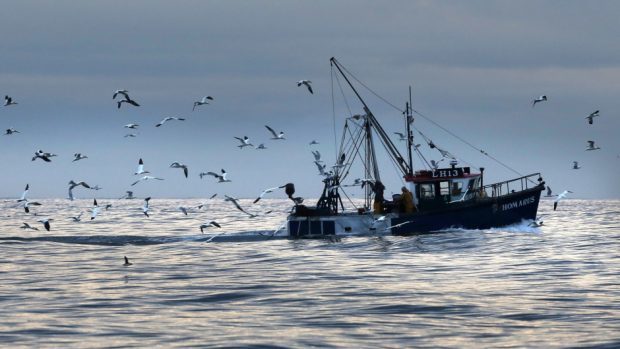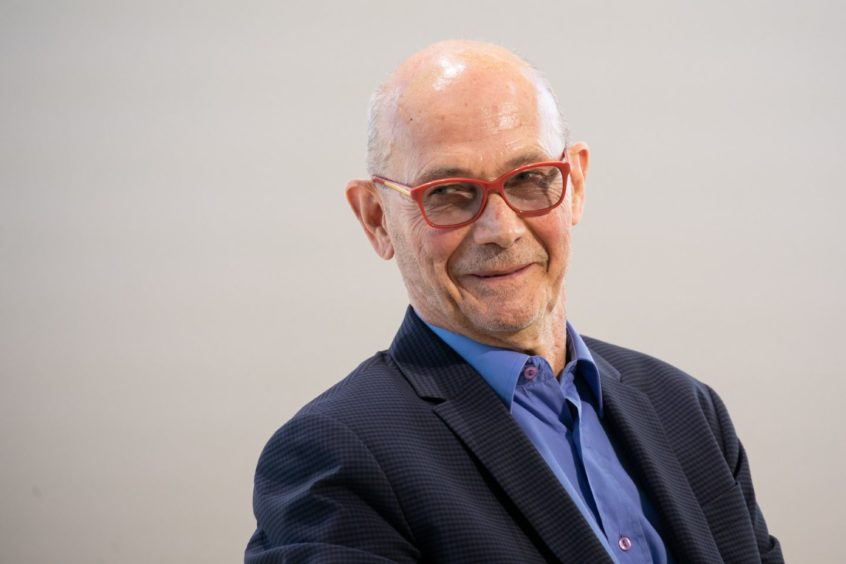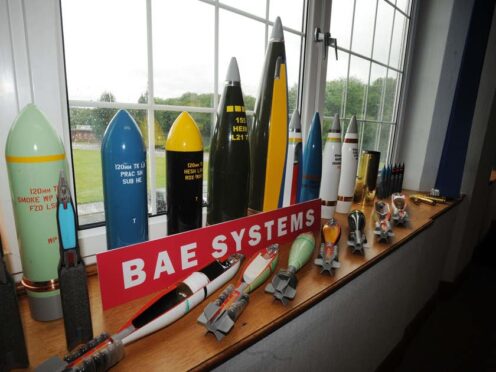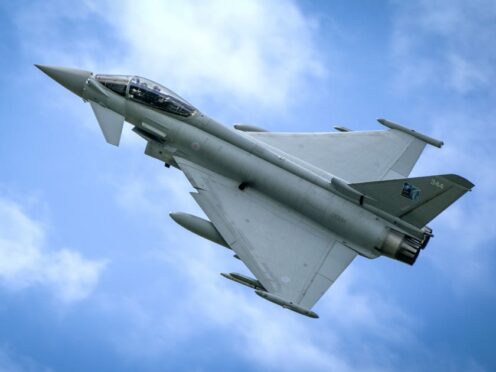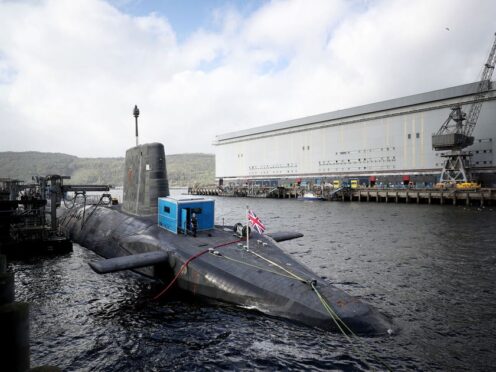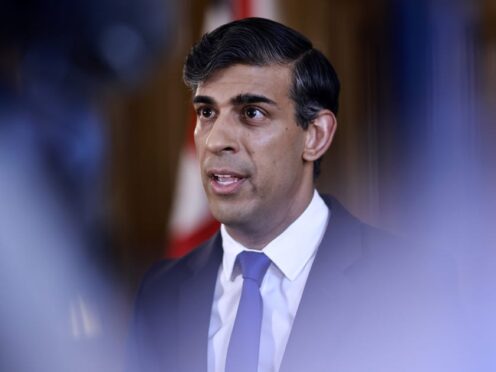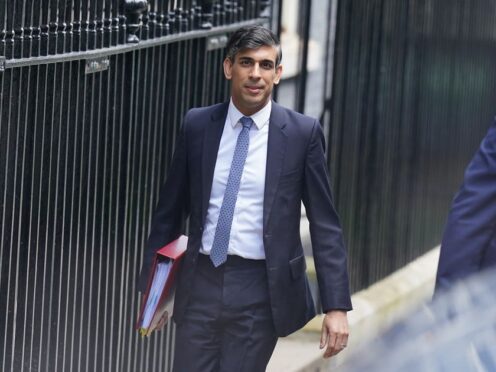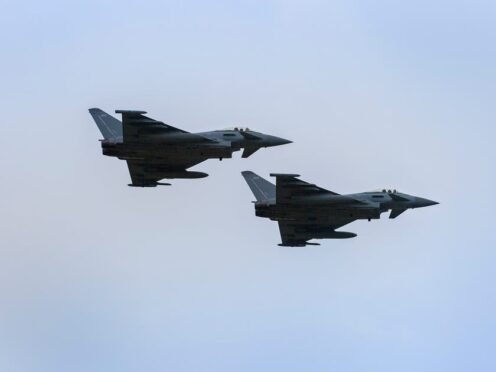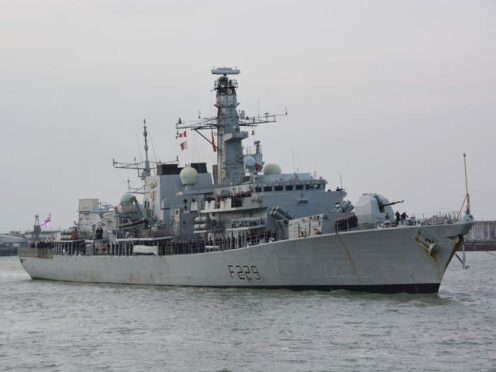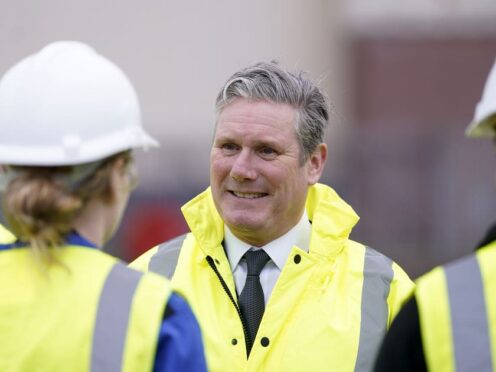Fishing industry leaders in the UK and European Union should be brought into the Brexit trade talks to break the deadlock, the former head of the World Trade Organisation has told us.
As the UK and EU teams begin their final round of negotiations this week, Pascal Lamy called for “the politics and legal complexities” to be taken out of the fisheries talks, which are at an impasse.
The UK team has accused the EU of not “accepting the reality” that Britain will be an independent coastal state at the end of the year, while the EU’s chief negotiator, Michel Barnier, has rejected UK proposals for annual negotiations on quotas, saying EU fishermen needed “predictability” in the form of continued “status quo” access to UK fishing grounds after Brexit.
Mr Lamy, who was director general of the WTO from 2005 to 2013, said it is time for “compromise” on both sides.
“If I had to frame a solution, it would be: leave diplomats out and put the fish industry on various sides of the table and let them do the deal,” he said.
“Get this out of politics, out of legal complexities, put around the table the people who know what sustainable fishing is about, who are the real stakeholders, who will have reasonable expectations if the deal is left in their hands.
“Otherwise, we know the dead end in which previous fishing talks have gone.”
Mr Lamy acknowledged the suggestion, this late in the negotiation, was “out of the box thinking” but said it could be what is needed to get past such a “sensitive” area of the trade talks.
“Look, we have exactly the same coastal sensitivity in Europe, if you measure the coast from south of Spain to the Baltic states that’s a big amount of sensitivity and we French know that full well”, he said.
“We’ve been fighting with our Spaniard friends for centuries and exchanged cannonballs centuries before the EU policy came in.”
Asked whether a Norway-style agreement on fisheries, as has been suggested multiple times by Michael Gove, was possible Mr Lamy was doubtful.
He said: “The Norway statute is linked to the rest of the agreement which Norway has with the EU including the internal market, the cohesion policy, court of justice and the rest – its part of a deal.
“I expect the EU reaction to be: ‘look, guys, you can’t cherry pick in the Norway relationship and not take the rest’.”
This is one episode of a long saga, with rapprochement and then distancing.”
Pascal Lamy
Mr Lamy said the “rational” thing to do would be to postpone talks until the pandemic is fully under control.
“But, as we all know, in this negotiation there is a lot of irrationality,” he said.
He added: “The Brexit equation is very simply to write, it’s how can you exit politically as much as possible and economically as little as possible.
“Exiting politically is what you want to maximise, because this is what your constituency has been asking for and you are serving them, on the one side and then on the other side, I think there is no dispute at all that economic distancing will be costly.”
Looking to the longer term, the former European commissioner for trade said the issue of Brexit will “still be here 70 years from now”.
“The relationship will be up and down, of course we’ve been instructed by experience that when the debate is rational, UK joined the EU, when economics overcame politics the UK joined and when politics overcame economics the UK left. It’s a permanent fixture”, he said.
“This is one episode of a long saga, with rapprochement and then distancing.”
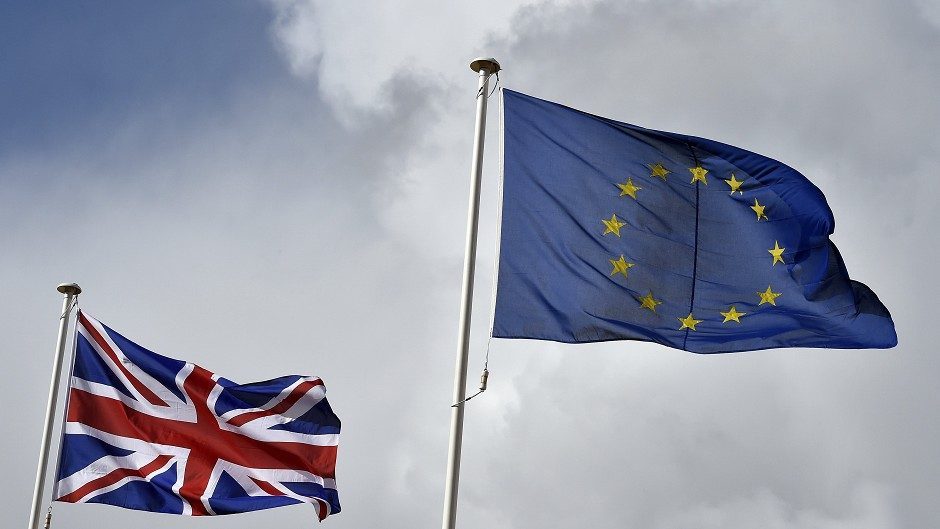
David Henig, former assistant director at the department for international trade, told us that whatever the final settlement is, “it’s not going to give everything that everybody ever wanted”.
Mr Henig said: “Expectations are quite low for this round of talks, a good result is probably that you don’t end the week with both sides issuing statements attacking the other and writing letters to the same effect.
“You’re coming now to some pretty thorny political issues and political decisions, there’s actually not a lot negotiators can can do about that, that is shaped by their instructions from politicians and at the moment I don’t think either side has the flexibility to move away from their position.
“This is very normal in the early stages of trade talks, what’s not normal is that you’ve only got about another four months, max, to sort it out.”
Mr Henig said it was “unlikely” the negotiating teams would produce a breakthrough next week and said it would “come down to a political decision on the part of the prime minister” later in June.
“I think there will be a political summit in June, whether it’s virtual or real, and coming out of that I expect the two sides to say, ‘we discussed it, we think there’s a deal to be done, we’ve instructed our negotiators to proceed at great pace and at the beginning of September we’ll have a possible deal’.”
If there is not an agreement before September, which is the last feasible date at which a deal could be agreed and ratified by the EU, the UK would leave in December without a deal.
